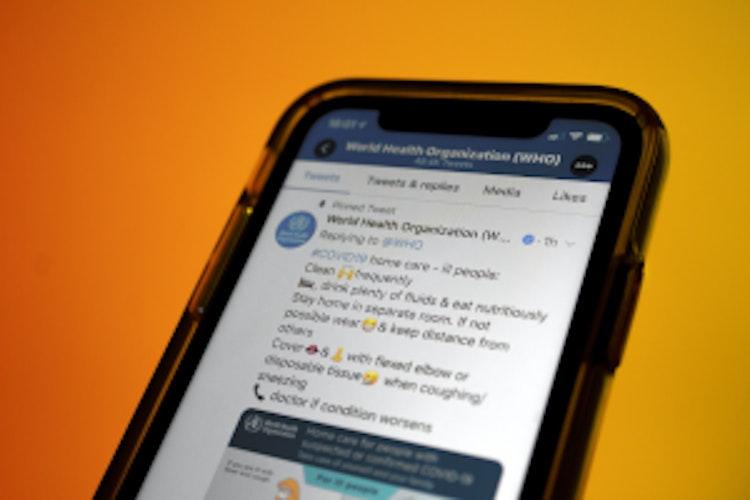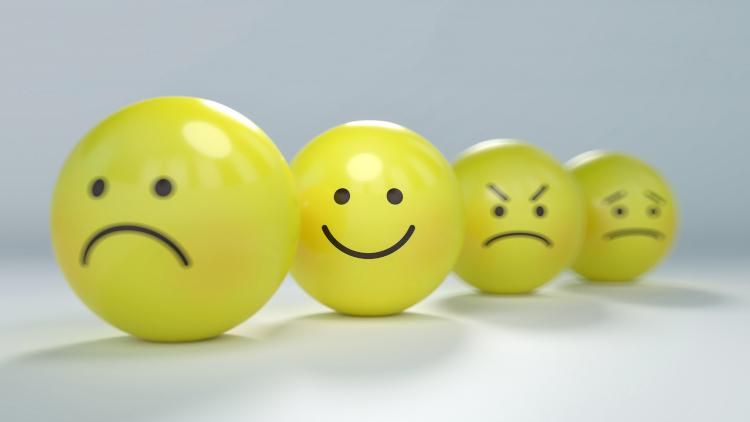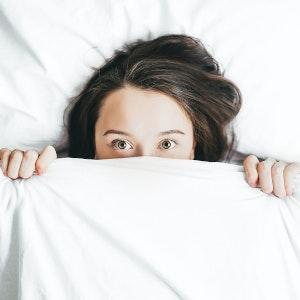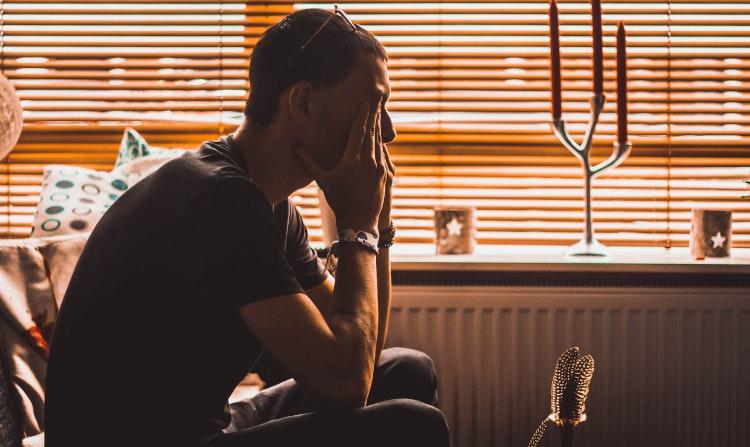LIFE AFTER LOCKDOWN: A FOCUS ON ‘RETURN ANXIETY’
by Kelly Marcisz
During the past few weeks people in Switzerland, as well as other parts of the world have been adjusting to life after lockdown and with more lifting of restrictions announced this week, life is starting to feel somewhat normal again.
There appear to be two common responses from the public following these developments, those who celebrate and those who greet the news with trepidation. And perhaps a third response is common too, one of both excitement and apprehension.
It’s quite normal to have a range of emotions while adjusting to life after lockdown. This is unchartered territory on a global scale. Much like there was a big adjustment to life in lockdown, so it makes sense that people would need time to adjust to life after lockdown. A lot has changed in a short space of time and with that can come an increase in feelings of anxiety.
RETURN ANXIETY
The impact on one’s mental health whilst living in lockdown has yet to be fully understood or measured. Psychology masters students at Webster University in Geneva are researching personal experiences of social isolation whilst in lockdown. Their research has shown that social isolation can contribute to an increase in feelings of depression, suicidality, loneliness and helplessness.
What has now become prevalent in the media is the notion of ‘return anxiety’. People had to quickly adapt to self-isolation and quarantine; now that the restrictions have been lifted it brings about unease and uncertainty. There is a lingering fear of catching the virus about which, little is still understood. There is also much speculation surrounding the mode and rate of the transmission of the virus and no definite treatment for it either. Many people worry that the lifting of restrictions has happened too early and fear an increase in infections and a possible second wave.
All of this creates an atmosphere of doubt and we find ourselves questioning what is safe; and moreover, we don’t know where to draw the line between precaution and paranoia?



Should I wear a mask?
Is my hairdresser safe?
Should I meet friends for a drink?
Do I really need to go out?
Can I take my kids to the park?
Should we travel this summer?
Is it OK to see my parents or grandparents?
The extensive media coverage of this global pandemic has also influenced people’s physical and psychological response to the virus. Regardless of actual exposure, people still experience heightened fear and anxiety of falling sick or dying.
The virus has also challenged our previous sense of security. As Professor Ian Hickie, co-director of the Brain and Mind Centre at the University of Sydney, explains:
“We generally take for granted that we go out in the world and nothing will happen to us, whereas (coronavirus) has been: rush into your homes, don’t talk to anyone, don’t interact with anyone, you might catch something that might kill you.”
So, it is understandable that when we are now told we can leave our houses and interact with others, we are anxious about re-entering a world that once was (and still is) very dangerous and potentially deadly.

HERE ARE SOME WAYS TO EASE RETURN ANXIETY

It’s important to be aware of the transition you are entering. We are now all working towards a ‘reintegration’ into a post-lockdown world and one day a post-pandemic world. Although the stress of the pandemic has shaped us each differently it’s important to remain sensitive to our emotions and the emotions of others.
Here are some steps you can take to help tackle feelings of anxiety or emotional distress
- Accepting the ‘new normal’. Acceptance is key in managing difficult emotions and situations. Running away from one’s problems only increases the distance from the solution. The sooner we can accept our new reality in post-lockdown, the easier it becomes to find solutions and move forward. Remember we are not returning to our ‘old lives’ we are entering another world completely.

Give yourself realistic expectations. As previously noted it took most of us several weeks to adapt, both physically and emotionally to living in social isolation. It would be unfair to expect our bodies and minds to adjust again right off the bat. Give yourself time and patience with even the simplest social or outdoor interaction. We can’t move from 0-100 in just one day. Start where you feel the safest, like going for walks and work yourself up to visiting the hairdresser or grabbing a coffee or even taking the bus.
Acknowledge your feelings. Part of acceptance is acknowledging how we feel. It’s helpful to name and identify the different feelings we have. Anxiety is a common secondary emotion. A secondary emotion is one that is experienced in place of another emotion that is difficult for a person to feel or express. Instead of focusing on just your anxiety, think about what other feelings you may be experiencing. Are you feeling depressed or lonely? Do you feel anger or resentment about what has been lost due to the virus? What are the things you feel most anxious about? Is it finances, your health, your parents’ health? By naming our feelings we can take away their power over us.


Confront the anxiety with action. Anxiety often leads to avoidant behavior, which in turn heightens the fear and anxiety. Part of combating anxiety is returning to the world and social interactions as much as guidelines allow. This is where one needs to create a balance of precaution living in a post-lockdown world that doesn’t resemble paranoia.
Recognising when you need professional help. Everyone experiences anxiety; it is a normal human emotion. However it’s important to recognise when your anxiety has become out of control and/or is affecting your personal and work life. Therapy is a helpful tool in managing stress and understanding your emotions. If you need help implementing one or more of the above strategies, a therapist or counsellor is often your best bet.
(If you are looking for online therapy sessions, specifically designed to help manage the emotional stress of lockdown, see my website for more details kellymarcisz.com)


Returning to life after lockdown will have different emotional implications for different people. Perhaps if you were a single person living alone for the past few months, the idea of returning to the new normal is met with relief and excitement. Or perhaps if you were enjoying some of the benefits of social isolation such as more family time the lifting of restrictions may have left you feeling unprepared and apprehensive. It’s important to remember that anxiety in a post-lockdown world is expected and very normal. Make sure to prioritize your mental health during this transition.
































